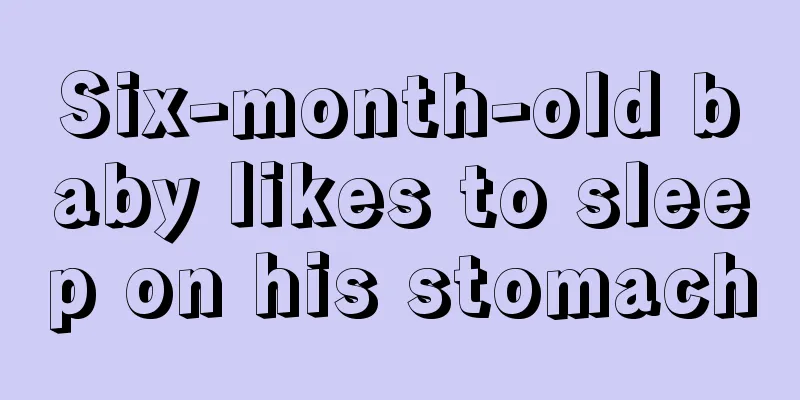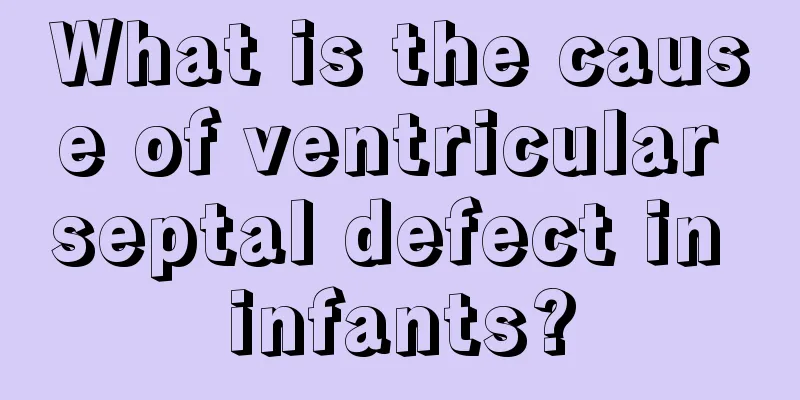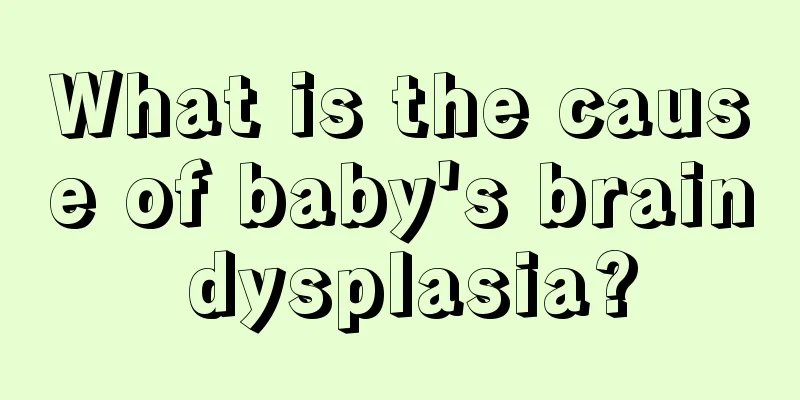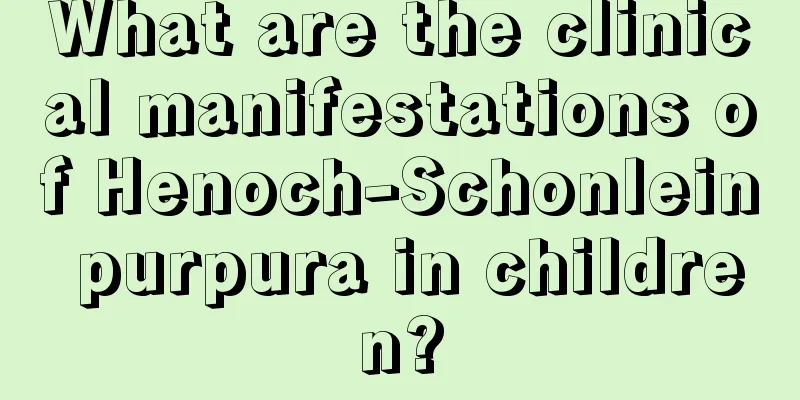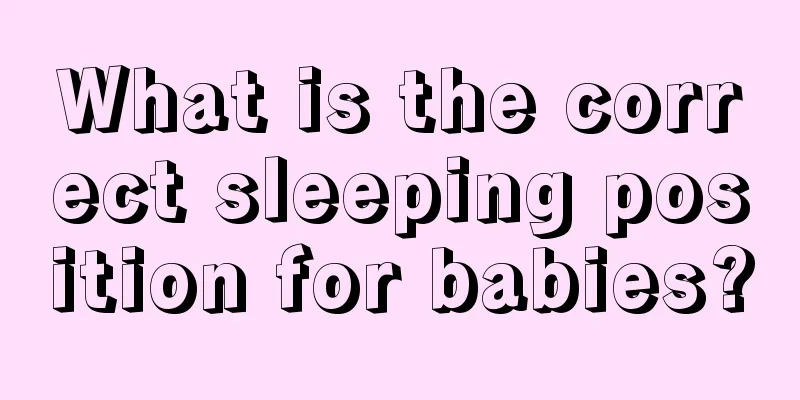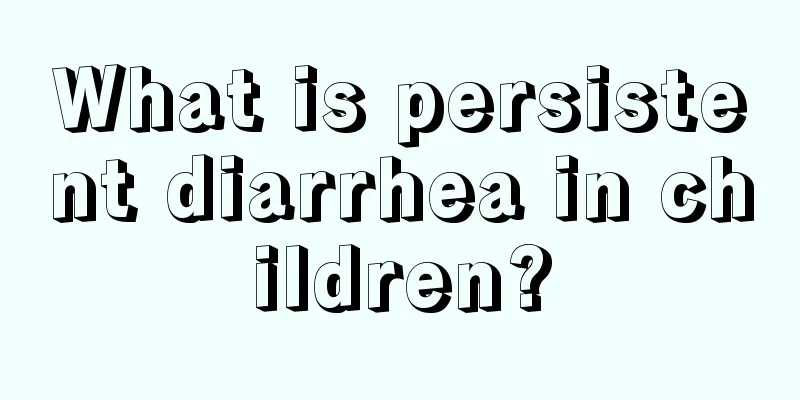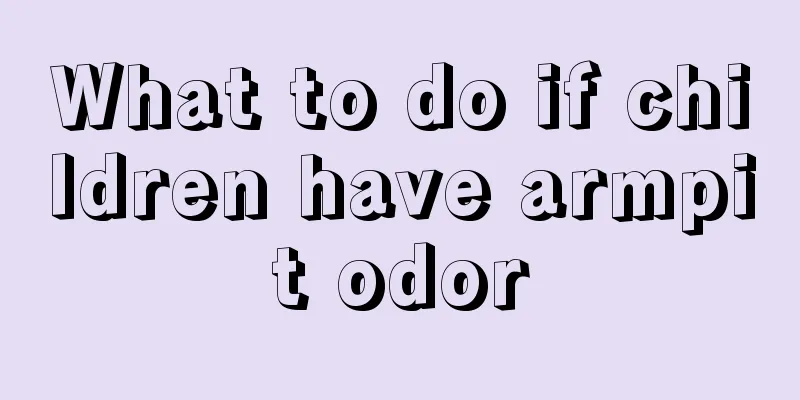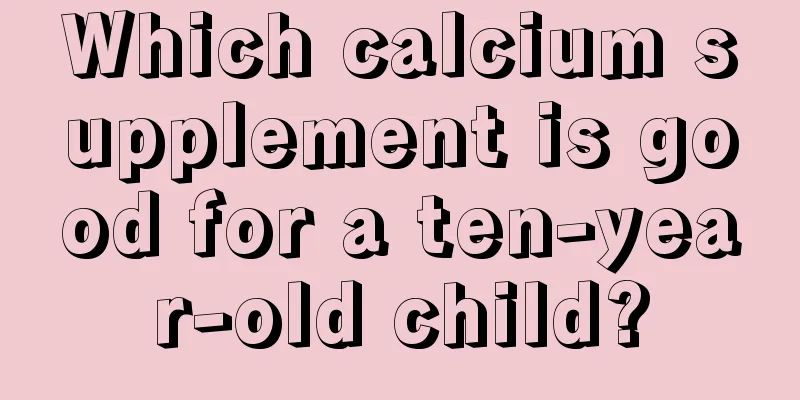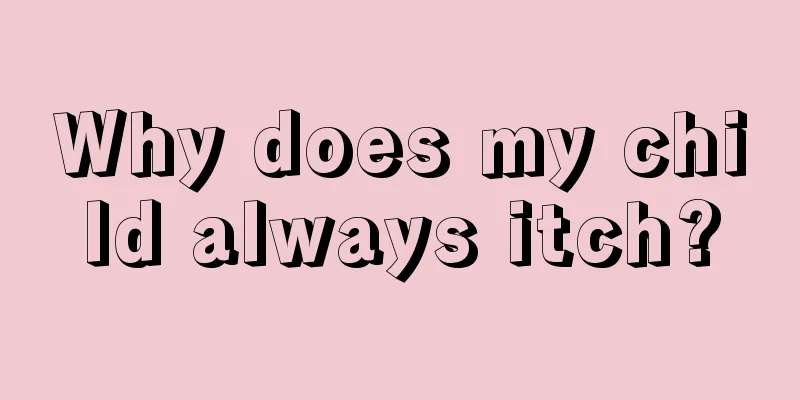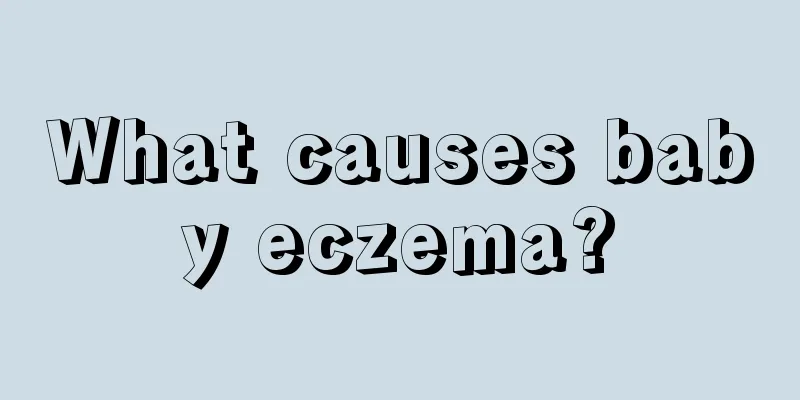Effects of breath-holding spells on the brain
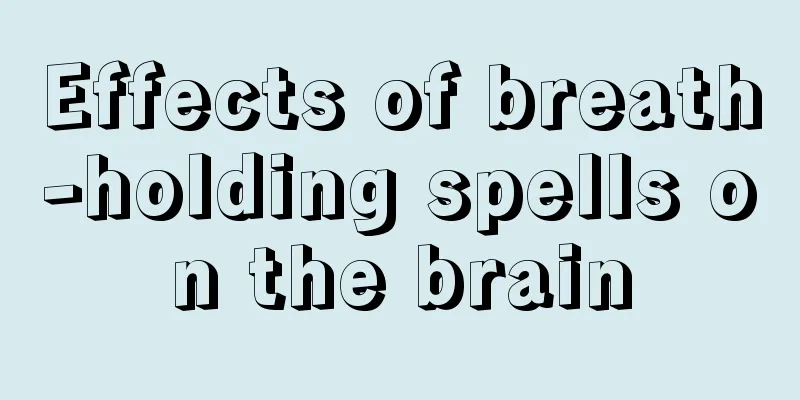
|
Everyone knows that children like to cry a lot. They will cry when they are not feeling well, and they will also cry when they don’t get what they want. Some children who like to cry too much will suddenly stop breathing because of crying. This phenomenon is called a breath-holding spell and is particularly common in children. Breath-holding spells are deliberate, temporary pauses that have a powerful effect on the brain. Today I will introduce to you the impact of breath-holding spells on the brain. Breath-holding attack in children, also known as sleep apnea, refers to the phenomenon that children suddenly stop breathing when they cry violently. During a breath-holding attack, breath-holding causes hypercapnia and cerebral hypoxia, and crying causes cerebral vasoconstriction and secondary respiratory spasm, which slows the heartbeat and causes reduced blood flow, and finally leads to fainting and convulsions. This disease is a paroxysmal neurosis that is more common in infancy and childhood. This disease is most common in children aged 2 to 3 years old, and is rare in those who develop it before 6 months or after 6 years old. Parents should not be overly nervous when their children have a breath-holding attack. They should first lay the child flat on the bed, keep quiet, and reduce or avoid all adverse stimulation. Once the child's seizure stops and consciousness and breathing are restored, parents should not scold or reprimand the child indiscriminately. Instead, they should give sympathy and comfort to the child and let the child feel that his parents are amiable and respectable. For children with frequent seizures, they can take sedative drugs such as Lumina under the guidance of a doctor to calm and prevent seizures.The cause of breath-holding attacks is related to the child’s incomplete brain development and poor ability to regulate and control autonomic nervous system and emotional activities. If breath-holding spells occur repeatedly, the brain may suffer from temporary oxygen deprivation. Therefore, parents should pay attention to it. Once your baby has a breath-holding attack, you should take immediate action to stop the attack and reduce damage to brain cells due to lack of oxygen. Cerebral anoxia refers to the inability of oxygen supply or utilization to reach the minimum level required for brain metabolism, resulting in varying degrees of brain dysfunction. Symptoms include slow thinking, slow reaction, drowsiness, feeling tired without much physical exertion, mental exhaustion, mood swings, temperament changes accompanied by dizziness, headaches, etc. A quick way to relieve the symptoms is to inhale oxygen appropriately. In most cases, the symptoms can be relieved after 0.5 to 1 hour of oxygen inhalation. |
<<: Does a child with cavities need a filling?
>>: Baby falls on head, causing brain damage
Recommend
Pseudomyopia in children
With the improvement of living standards, childre...
How many days will it take for a child to recover from the flu fever?
To put it simply, influenza is the common cold, w...
Why is my baby's tongue yellow?
The tongue can reflect a person's health stat...
What to do if your five-year-old baby has sinusitis
The problem of sinusitis in five-year-old babies ...
How to deal with children who don’t like to eat?
Eating is a very important aspect during childhoo...
White spots in the child's eyes
If there are white spots in a child's eyes, i...
Why do children have thick white tongue coating?
Why do children have thick and white tongue coati...
What to do if your baby falls and has a nosebleed
Every child is the hope of the family. What every...
How to treat dermatomyositis in children?
Many children are naughty, so when they are playi...
Causes of baby's skull protrusion
Babies grow up slowly from birth, and problems of...
How to treat a six-month-old baby's dry cough with phlegm
Dry cough is a common disease in 6-month-old babi...
Children with fever and vomiting
Since there are many reasons for children's f...
Can children eat red dates when they have a cough?
Children are relatively weak and are prone to cou...
Why does the child keep scratching his head?
We all know that the younger the children are, th...
What kind of milk is not suitable for children
Milk is a food we are very familiar with. It is r...
